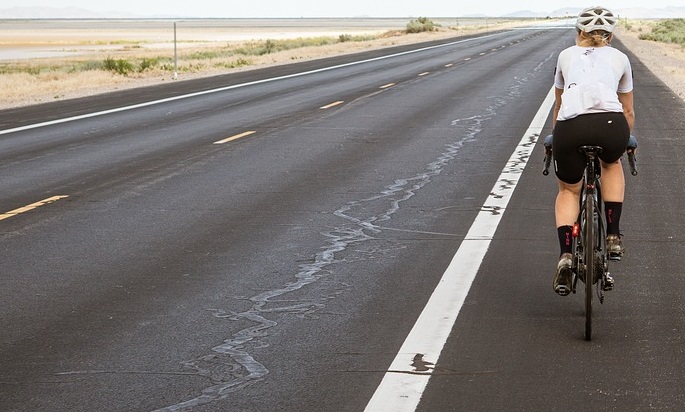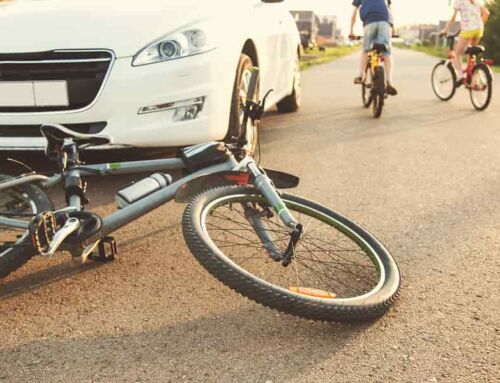Accidents are a common occurrence on our roads, and while car crashes often come to mind, bicycle accidents can be just as serious and dangerous. These incidents can result in severe injuries for cyclists, while drivers typically escape unharmed. In such cases, injured cyclists may wonder if they can sue a driver for compensation, especially if they were not using a designated bike path.
To understand the legal framework of such cases, it’s essential to know the rules for sharing the road with bicyclists in Indiana, as outlined in the Indiana Bureau of Motor Vehicles Driver’s Manual:
• Drivers must share the roadway with bicyclists, yielding the right of way to them, similar to other vehicles.
• Drivers should exercise caution when a bicyclist is entering or exiting an intersection before making a left turn.
• Bicyclists have the right to choose between a bike lane or a travel lane; they are not obligated to use a bike lane if one is available.
• Motor vehicle drivers are prohibited from using bike lanes, including parking or turning into them.
• Drivers must provide at least three feet of clearance when passing bicyclists.
• Pavement markings indicate bike lanes (green) and public transit lanes (red).
Under Indiana Code § 9-21-8-37, drivers have a legal duty to exercise caution on the road and avoid striking pedestrians, bike riders, and others. If a driver’s careless actions lead to a collision with a bicyclist, the driver can be held liable.
Moreover, Indiana Code § 9-21-11-2 states that a person riding a bicycle on the road or highway has the same rights and duties as a driver in a car. This places cyclists and drivers on equal legal footing.
An exception to this rule is the “Dead Red” law under Indiana Code § 9-21-3-7(b)(3)(D). This law allows bicyclists to proceed through a red light after waiting for at least 2 minutes if it is safe to do so. This provision acknowledges that bicycles may not trigger traffic light sensors designed for heavier vehicles.
When determining liability in a car vs. bike accident, it is oftentimes assumed that a bike rider is at fault if they hit a car, but that is not always the case. The majority of the time, the driver of an automobile will be the one at fault. However, as with all personal injury cases, each situation is unique and determining fault in an accident will be contingent on the specific details of the incident.
In personal injury claims, the plaintiff must demonstrate that another party’s negligent actions caused their injuries. While this may seem straightforward if you are the injured cyclist who witnessed the collision, in practice, it entails gathering and presenting substantial evidence.
Bicycle accidents can lead to severe injuries, and understanding your legal rights and responsibilities on the road is crucial. In Indiana, drivers are obligated to share the road safely with cyclists, and injured cyclists can seek compensation for their injuries if a driver’s negligence caused the accident.
If you’ve been injured in a bicycle accident in Indiana, it’s essential to consult with a knowledgeable personal injury attorney to protect your rights and pursue the compensation you deserve. The attorneys at Hurst Limontes stand ready to assist you in navigating the complexities of personal injury claims related to bicycle accidents.
For a free and confidential consultation, call 317-636-0808 or complete the form below for a FREE and confidential consultation.



